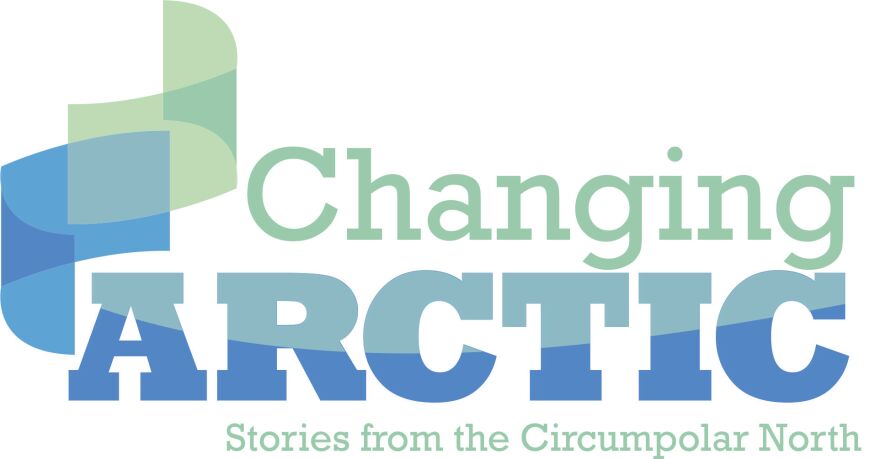A high-ranking U.S. official says Alaska needs more infrastructure to handle increased shipping through Arctic waters.
Editor's note: Second of a two-part series.
U.S. Special Representative for the Arctic Robert Papp says Alaska doesn’t have the facilities needed to accommodate increased shipping in Arctic waters, due to melting sea ice caused by climate change.
“As a sailor, I tend to look at the globe from a polar perspective,” said Papp, a retired Coast Guard commandant. “And when you look down upon the pole, you’re looking at one big ocean. And that ocean is starting to grow, with the ice receding – a new, large ocean that’s opening now, in the north.”
He says Alaska will need much more coastal infrastructure to handle increased shipping and other commercial activities like offshore oil and gas development. And he says government and the private sector should partner to pay for some of those facilities.
“Those are things that are going to require investment,” he said. “Whether it’s federal-government dollars, state of Alaska dollars – maybe industry dollars, since industry does benefit from icebreakers, search and rescue response, things like that.”

Papp says U.S. policy already identifies the need for more maritime infrastructure in Alaska, including a Coast Guard air station and a deep-water port. And heavy icebreakers to replace the two 40-year-old vessels in the U.S. inventory. The new infrastructure also would improve safety and security in Arctic waters, which is one of the goals the United States set when it assumed the Arctic Council chairmanship in April.
Papp says that leadership role should help him make the case on the need for more maritime facilities.
“We can speak about it, and hopefully be able to influence action by the administration, and the Congress, in order to get some of those projects going.”
Papp says the facilities would provide both short- and long-term economic benefits for Alaskans. And that would meet another goal of the U.S. chairmanship, promoting sustainable development for Arctic peoples.
“The people of the north are entitled to benefit from any exploitation of their resources here,” he said.
The additional infrastructure also would help the nation meet the third of its council-chair goals, improving environmental protection, through enhanced oil-spill response capabilities.



